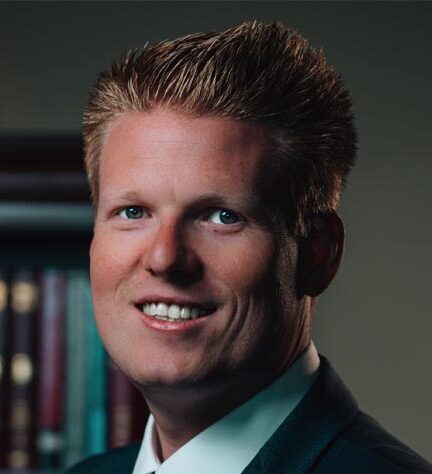The Florida probate process is governed by the Florida Probate Code found in Chapters 731 through 735 of the Florida Statutes. These chapters lay out the framework for probate administration proceedings and distinguish the two types of probate administration under Florida law: formal administration and summary administration.
Formal Probate Administration
Formal probate administration is a court-supervised process for identifying the decedent’s assets, paying the decedent’s debts, and distributing any of the decedent’s assets to the beneficiaries or heirs, either as requested under the will or if there is no will, under Florida’s intestacy statutes. Formal administration is typically used for larger or more complex estates.
Summary Administration
On the other hand, summary administration may be available if certain statutory requirements are met. Summary administration is defined under Section 735.201 of the Florida Statutes. Summary administration may be had in an estate where the decedent died with a will, but the will does not direct administration as required by Chapter 733 of the Florida Statutes. Additionally, the value of the entire estate subject to administration, less the value of property exempt from the claims of creditors, does not exceed $75,000 or that the decedent has been dead for more than 2 years.
As explained under Section 735.203, the process begins when a petition for summary administration is filed. Under Section 735.206, upon the filing of the petition, the will shall be proved and admitted to probate. The court then may enter an order of summary administration allowing immediate distribution of the assets to the persons entitled to them pursuant to Section 735.206(3). The order of summary administration will list all of the assets, beneficiaries and distribution scheme set out in the decedent’s will, if any.
Ancillary Administration
Ancillary administration is a secondary probate process governed under the Florida Probate Code for decedents who leave assets in Florida, credits due in Florida, or liens on property in Florida but are not residents of Florida at the time of their death. For example, if a decedent owns a second home in Florida then an ancillary administration may be necessary to pass the home to the decedent’s heirs.
Ancillary administration is governed by Section 734.102 of the Florida Statutes. A personal representative assigned to the decedent’s will to administer the Florida property shall be entitled to have ancillary letters issued, if the personal representative is qualified to act in Florida (see Sections 733.301 through 733.3101 of the Florida Statutes).
If you or one of your loved ones needs to begin the probate administration process, but doesn’t know where to start, you should seek the counsel of a Florida Attorney to assist you with the drafting and filing of these documents. The attorneys at Boatman Ricci can help you decide whether a formal or summary administration process is for required in your own circumstances. If you would like to schedule a consultation to discuss your probate needs, contact Boatman Ricci at 239-330-1494.
* * * * * * * * * *
THIS BLOG IS INTENDED FOR GENERAL INFORMATION PURPOSES ONLY. IT DOES NOT CONSTITUTE LEGAL ADVICE. THE READER SHOULD CONSULT WITH KNOWLEDGEABLE LEGAL COUNSEL TO DETERMINE HOW APPLICABLE LAWS APPLY TO SPECIFIC FACTS AND SITUATIONS. BLOG POSTS ARE BASED ON THE MOST CURRENT INFORMATION AT THE TIME THEY ARE WRITTEN. SINCE IT IS POSSIBLE THAT THE LAWS OR OTHER CIRCUMSTANCES MAY HAVE CHANGED SINCE PUBLICATION, PLEASE CALL US TO DISCUSS ANY ACTION YOU MAY BE CONSIDERING AS A RESULT OF READING THIS BLOG.


